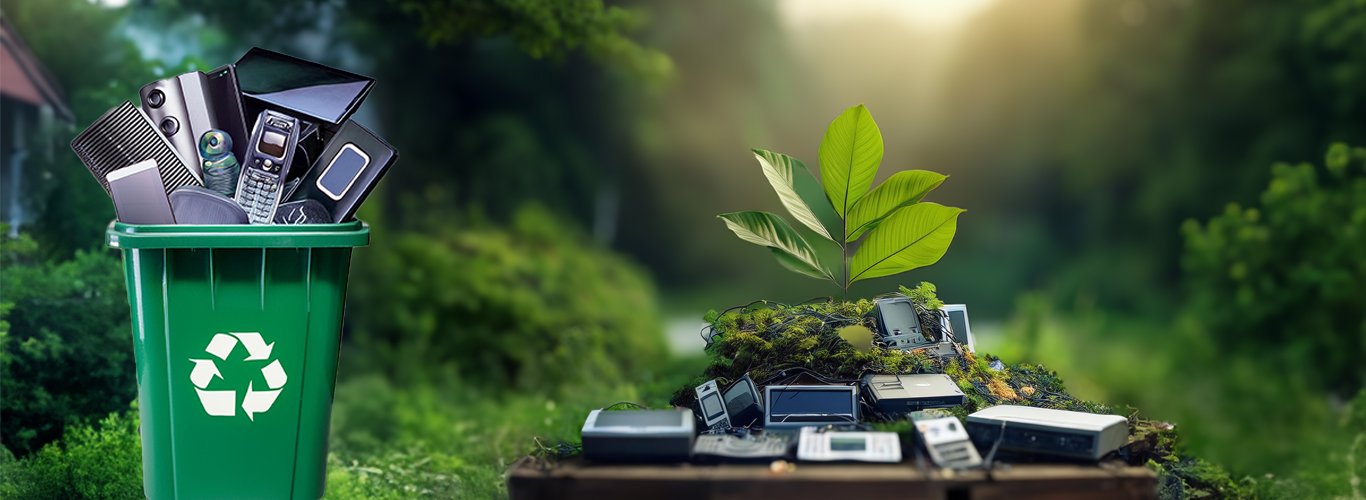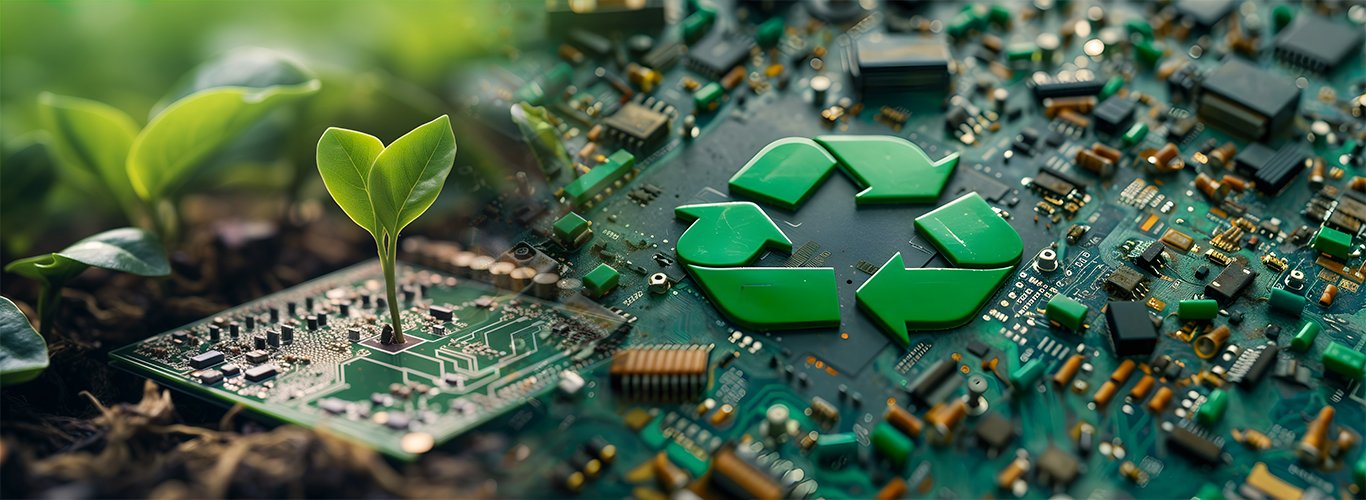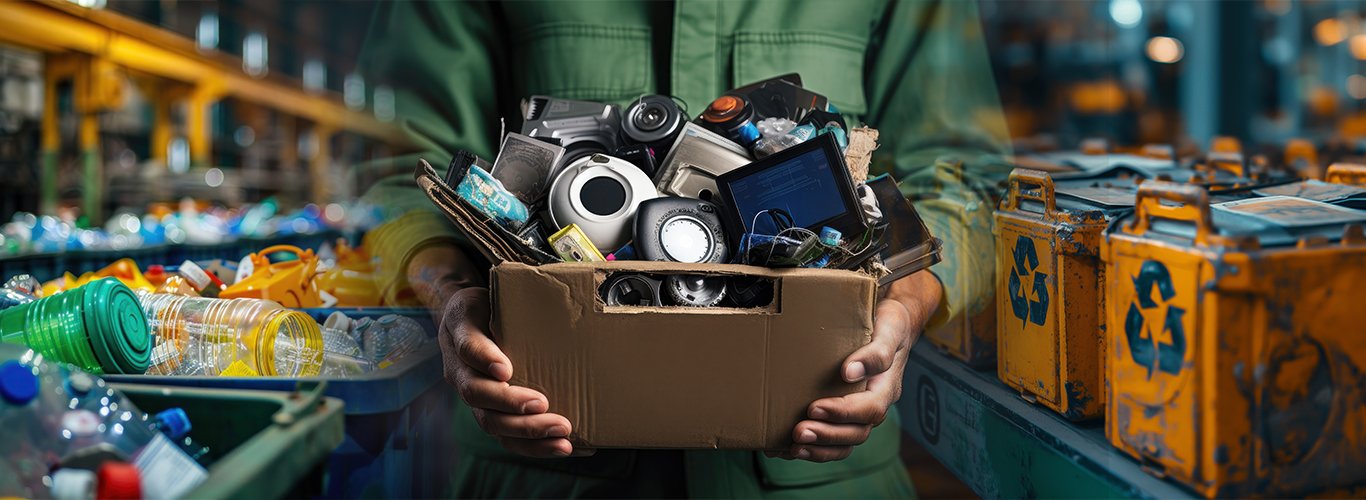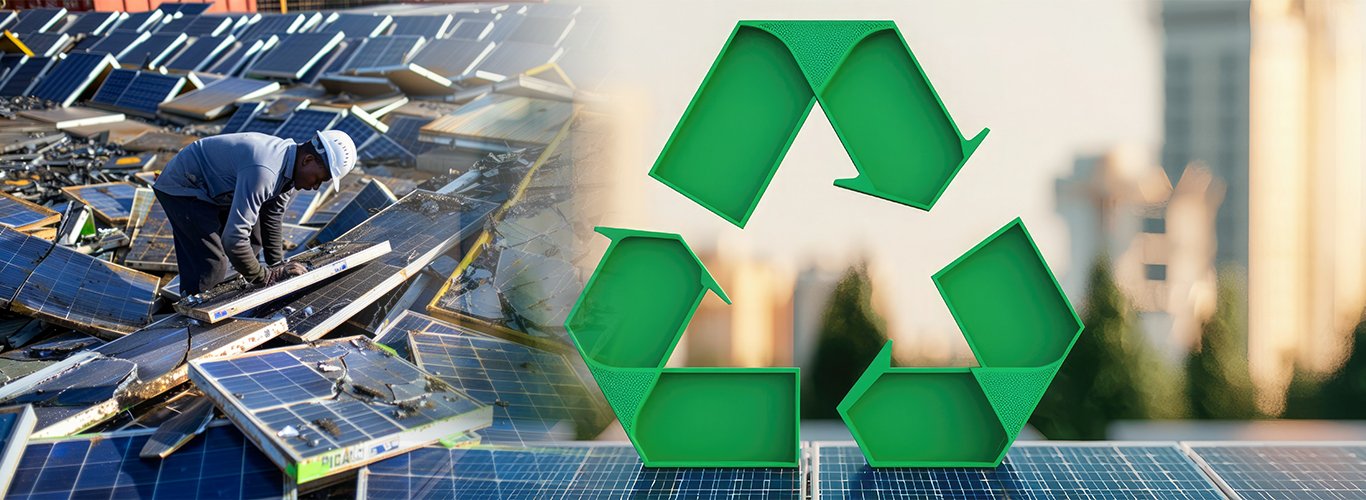
Commercial E-waste: Responsibilities That Don’t End With You
In the present generation, the business world especially that which deals with information and technology relies mainly on the use of electronic devices. Every lab related to commercial operation exposes itself to the generation of electronic waste (e-waste) by replacing early technologies such as computers and servers, mobile devices, and printers, among others with newer technologies. However, this increasing pile of commercial e-waste is a potential threat to the environment and health if disposed of incorrectly.
The Problem: What Makes Commercial E-Waste a Rising Concern?
Volume and Toxicity
The World’s electronic waste generation has gone beyond 50 million metric tons per year according to the Global E-waste Monitor, and businesses generate most of this waste. E-waste is not ordinary trash since it often has elements like lead, mercury, and cadmium among others. They are dangerous products that, when released into the environment, contaminate the soil, water and air and produce a permanent adverse effect on the bio-eco system and human health.
Data Security
It is horrendous for companies to discard their old devices without damaging their circuitries because, aside from endangering the environment, it can lead to data leaks. Computers that are no longer in use still contain information that is sensitive if not well expired the information may be accessed by the wrong persons hence leading to loss of money and destruction of reputation.
Resource Depletion
Different gadgets have materials such as gold, silver, and other rare earth metals within the circuits. Most e-waste ends up in landfills and this means that important resources used to make new products that would again require extraction of new raw materials are dumped and hence lost.
The Solution: Why Companies Should Prioritize E-Waste Recycling
Recycling e-waste reduces the amount of hazardous waste that ends up in landfills and incinerators. By e-waste recycling, companies can help reduce environmental pollution and prevent toxic substances from entering the ecosystem. Recycling electronics helps recover valuable materials, reducing the need for mining new resources. This not only conserves natural resources but also reduces the environmental impact of extraction processes, such as deforestation and water pollution. Governments worldwide are increasingly introducing regulations to manage e-waste. In many countries, companies are legally required to recycle electronic devices responsibly. Compliance with these regulations not only avoids hefty fines but also demonstrates a commitment to corporate social responsibility (CSR).
Best Practices for Commercial E-Waste Recycling
Implement an E-Waste Policy:
Companies should establish clear internal policies for managing electronic waste. This includes guidelines for when devices are replaced, how they are collected, and where they are sent for recycling.
Partner with Certified E-Waste Recyclers:
Businesses should work with certified e-waste recyclers who follow environmentally sound recycling practices. Look for certifications like R2 or e-Stewards like Deshwal Waste Management, which ensure that recyclers meet high environmental and data security standards.
Encourage Device Reuse and Refurbishment:
Before sending electronics to recyclers, companies should consider whether the devices can be reused or refurbished. Extending the life of electronic products through repairs, upgrades, or donations helps reduce overall e-waste generation.
Employee Training and Awareness:
Employees should be educated about the environmental and data security risks associated with improper e-waste disposal. Awareness programs can help ensure that everyone in the organization is committed to responsible e-waste management.
Track E-Waste Metrics:
Companies should track how much e-waste they generate and how much is recycled. This not only helps measure the effectiveness of their e-waste recycling program but also allows for better reporting in CSR initiatives.
Conclusion
As businesses continue to depend on technology for growth and productivity, the challenge of managing commercial e-waste will only intensify. By implementing responsible e-waste recycling practices, companies can mitigate environmental damage, conserve valuable resources, and protect sensitive data. It’s time for companies to recognize e-waste not just as a by product of business operations but as an opportunity to contribute to a sustainable and secure future. Deshwal Waste Management, giving another chance to change.




